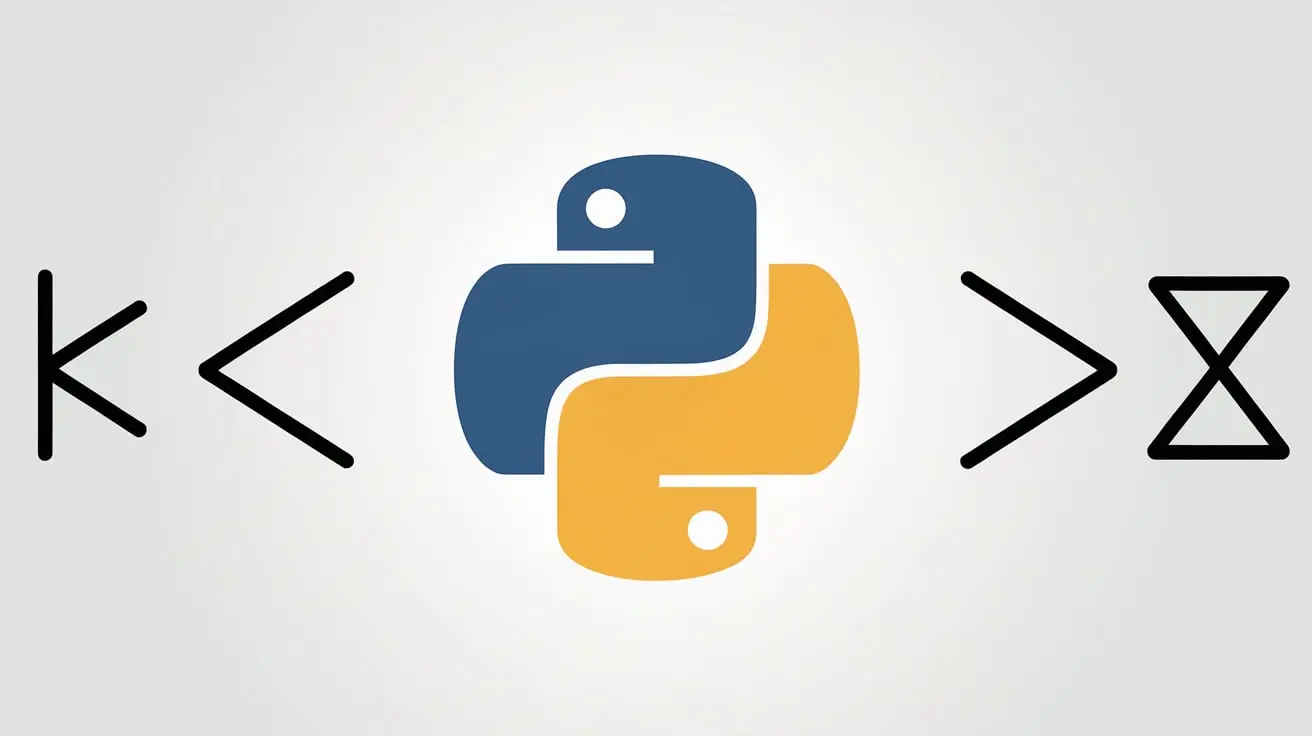The 1.5.2 Karel Adventures 1 Quiz is an exciting milestone for anyone learning basic programming through Karel, the educational robot.
It tests your understanding of fundamental coding concepts, logical thinking, and problem-solving skills. To excel in this quiz, you need to master essential coding skills and strategies.
Understanding Karel’s World
Before diving into the coding skills, it’s important to understand Karel’s environment. Karel operates in a grid world where it follows simple commands to move, turn, and perform tasks like picking up and placing beepers. Here’s what you should know:
- The Grid: Karel’s world is a series of interconnected squares. Each square is a potential step Karel can take.
- Commands: Karel can execute commands like move(), turnLeft(), pickBeeper(), and putBeeper().
- Obstacles: Walls and limited resources often create challenges.
Understanding these basics will help you visualize the problems presented in the 1.5.2 Karel Adventures 1 Quiz.
Key Coding Skills to Master
To ace the quiz, you need a strong foundation in programming concepts. Here are the essential coding skills you should focus on:
Basic Karel Commands
At the core of the quiz are Karel’s fundamental commands. Make sure you can:
- Move Karel: Use move() to advance one step forward.
- Turn Karel: Use turnLeft() to rotate 90 degrees to the left. Note that Karel cannot turn right unless you create a custom function.
- Pick and Place Beepers: Use pickBeeper() to collect a beeper and putBeeper() to place it on a square.
These basic commands form the building blocks for solving tasks in the 1.5.2 Karel Adventures 1 Quiz.
Logical Thinking
Logical thinking is critical for solving problems in Karel’s world. Break down tasks into smaller steps and think systematically:
- Identify the goal (e.g., move Karel to a specific square).
- Break the task into smaller actions.
- Write commands in the correct sequence.
For example, if Karel needs to pick up a beeper two squares ahead, the solution could be:
move()
move()
pickBeeper()
Writing Functions
Functions help you organize and simplify your code. Instead of repeating commands, encapsulate them into a reusable function. For instance:
def turnRight():
turnLeft()
turnLeft()
turnLeft()
This function allows Karel to turn right without rewriting the turnLeft() command three times. Use functions to:
- Reduce code repetition.
- Make your program easier to read and debug.
- Solve complex problems more efficiently.
Using Loops
Loops are essential for repetitive tasks. Karel’s grid often requires repeated movements, which can be simplified with a while loop or for loop:
- Use for loops for a specific number of repetitions. For example:
for i in range(5):
move()
- Use while loops for conditions, such as:
while frontIsClear():
move()
Loops are a powerful tool for solving tasks in the 1.5.2 Karel Adventures 1 Quiz efficiently.
Conditional Statements
Conditional statements allow Karel to make decisions based on the environment. Learn to use if, else, and if-else statements:
- Check for obstacles with frontIsClear() or frontIsBlocked().
- Verify the presence of a beeper with beepersPresent().
Example:
if frontIsClear():
move()
else:
turnLeft()
Mastering conditional statements will help you navigate challenges in the quiz.
Debugging Skills
Errors are part of coding. Debugging is the process of identifying and fixing mistakes in your program. To debug effectively:
- Read error messages carefully.
- Use comments to explain your code.
- Test your program step by step.
For instance, if Karel isn’t moving as expected, check if the move() command is within a valid loop or function.
Combining Loops and Conditionals
In the quiz, you may encounter tasks that require both loops and conditionals. For example, moving Karel until it reaches a wall and picking up a beeper along the way:
while frontIsClear():
move()
if beepersPresent():
pickBeeper()
Practice combining these concepts to solve complex problems effectively.
Strategies for Success
To perform well on the 1.5.2 Karel Adventures 1 Quiz, adopt these strategies:
Plan Before Coding
Take a moment to understand the task before jumping into the code. Sketch out the grid and Karel’s movements if needed. A clear plan will save time and reduce errors.
Start Small
Begin with simple commands and test each step. For example, if Karel needs to move five steps and turn left, test the movement before adding the turn.
Use Comments
Add comments to explain your code. This makes it easier to debug and understand your logic:
# Move Karel to the wall
while frontIsClear():
move()
Practice, Practice, Practice
Practice is key to mastering coding skills. Complete additional exercises in Karel’s world to build confidence and speed.
Test Your Code
Run your code frequently to ensure it works as expected. Test for edge cases, such as empty grids or unexpected obstacles.
Common Challenges and Solutions
The 1.5.2 Karel Adventures 1 Quiz may present some common challenges. Here’s how to handle them:
Challenge 1: Karel Stuck in a Loop
This occurs when the loop condition is never met. Ensure your loop has a valid exit condition:
while frontIsClear():
move()
Challenge 2: Incorrect Turns
If Karel isn’t turning correctly, double-check your turnLeft() or custom turnRight() functions. Debug by isolating the turn commands.
Challenge 3: Missing Beepers
If Karel isn’t picking or placing beepers correctly, verify the conditions for pickBeeper() and putBeeper(). Add print statements to check if the conditions are met.
Challenge 4: Syntax Errors
Syntax errors occur when the code structure is incorrect. Check for missing colons, indentation errors, or incorrect function names.
Tools to Enhance Your Learning
Use these tools and resources to strengthen your skills:
- Karel Simulator: Practice coding in a simulated environment.
- Debugging Tools: Use built-in debugging features to step through your code.
- Online Tutorials: Watch video lessons or read guides on Karel programming.
- Practice Problems: Solve additional exercises to build confidence.
Final Thoughts
The 1.5.2 Karel Adventures 1 Quiz is a valuable opportunity to demonstrate your coding skills. By mastering Karel’s commands, logical thinking, and problem-solving strategies, you can excel in this quiz and beyond.
Practice regularly, plan your code, and don’t be afraid to make mistakes. Each challenge you overcome brings you closer to becoming a proficient programmer.

